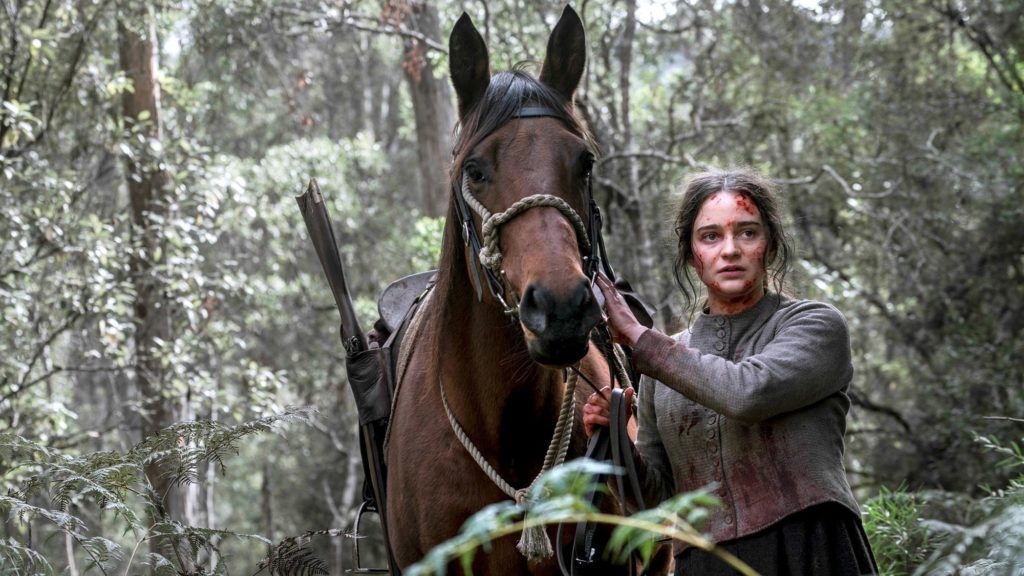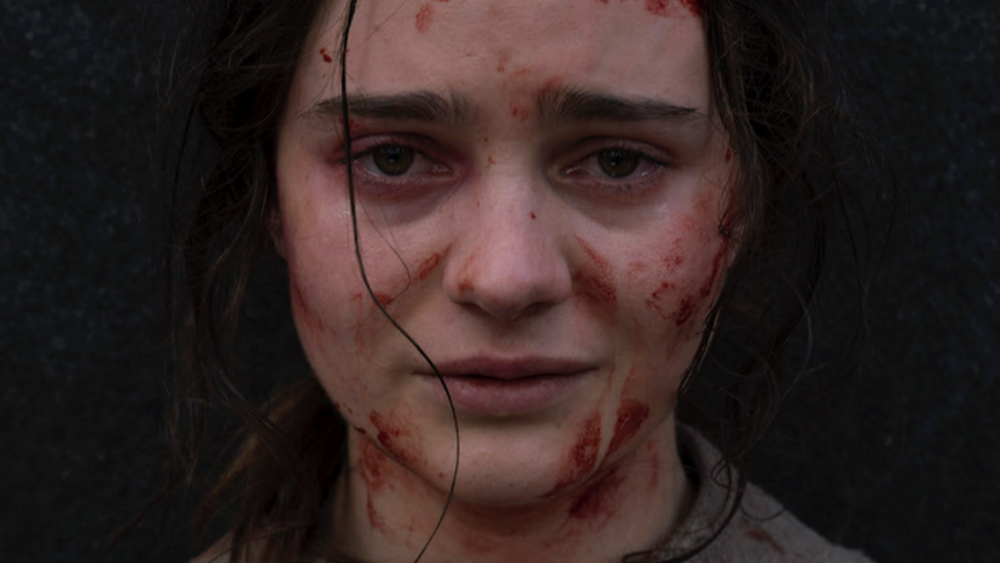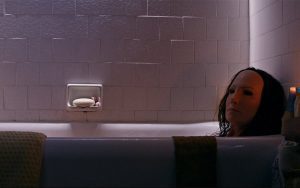Summary
Jennifer Kent’s sophomore film features strong performances, but wastes capable direction on an overlong audience endurance test.
When Jennifer Kent burst onto the scene in 2014 with her debut feature The Babadook, I was absolutely enamored. I was in high school at the time and felt like I had never quite seen anything like it — I found it quite terrifying and the central grief metaphor really clicked for me. While I’m not as in love with the film as I once was, particularly with regards to that metaphor which I now find sort of obvious in the age where the “horror = grief” trope has become played out, I still appreciate its formal components and it usually comes to mind when trying to think about some of the most frightening moments in horror films from the past decade. The Nightingale had a lot to live up to as a sophomore feature, and I’m afraid none of it even comes close to my fondest moments from Kent’s debut.
The Nightingale wants to be a very serious movie and it makes sure you remember that at every turn. It’s not that a film like this shouldn’t be serious per se: a film set in the 1820s in which a servant to British colonizers is brutally raped multiple times, violently loses her family and sets out for revenge, all with the backdrop of the ethnic cleansing of the Australian aboriginals is some pretty tough subject matter. The problem, I find, is that there was a way to tell this story without intentionally making it such a tough sit. I understand the desire to depict realism and to make sure the audience understands just how gut-wrenching this story is, but the way the film seems like it has to prove to you that it’s Serious And Important Filmmaking through its cruel violence feels desperate.
Not only are there two separate assaults on the protagonist, Clare (Aisling Franciosi), within the first 30 minutes of the film, but there’s a totally useless section in the middle in which the men she’s tracking kidnap and rape an aboriginal woman, something that’s completely unneeded and gratuitous when we’ve already been shown multiple rapes against Clare by these men. It devolves into sexual violence for shock value; an overreliance on stomach-churning scenes when it could have kept it at one and it probably would have felt somewhat earned.

Aside from the explicit violence, this is mostly an overlong slog of pretentious self-seriousness that borders on parody with how ostentatiously miserable and bleak it is. It’s a slow-burn that’s filled with repetitive scenes of Clare and her guide Billy (Baykali Ganambarr) surviving the elements, hiding from British soldiers, and Clare waking up startled after silly dream sequences. The drained color palette and slow-moving nature of the film coupled with this monotonous expedition through the wilderness make this a dreadfully long 130 minutes. It’s an attempt at a rape-revenge exploitation movie told through the lens of a thoughtful prestige picture about the nature of violence and the legacy of savagery and racism that have led to where we are today, but it’s never able to properly find harmony between these two identities.
The strongest assets here are the performances that are uniformly excellent, but particularly Franciosi and Ganambarr who are especially good, and their dynamic is the aspect that had me the most invested. There are times when their conversations make this play like a film that’s actually about the lighthearted budding friendship between two unlikely individuals, and these moments are weirdly endearing. They share a mutual hatred for the British and both have been oppressed and marginalized, thereby finding hope and friendship in each other in a way that keeps them alive through each day. Unfortunately, the film seems to try to draw a dubious equivalency between the suffering of a white woman and that of the Australian aboriginals, and while I’m not even close to being the appropriate person to start this conversation, I have to mention that it reads as at least a little suspect. I get that their shared trauma is meant to be the catalyst for their relationship but Clare ends up taking on a figurehead role of the symbolic anguish of those oppressed by the British in a way that ends up diminishing the importance of the systematic genocide of Australian natives. It comes off as shortsighted, to say the least.
The Nightingale is ultimately brought down by its length, excessive violence, and lack of forethought in regard to how this tale of feminist retribution interacts with the adjacent racial massacre. Jennifer Kent is a strong filmmaker at her core and I know she has something great inside her that she’s going to put out one day, but this total non-starter is not it.



